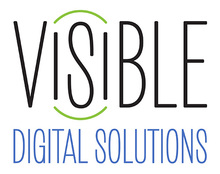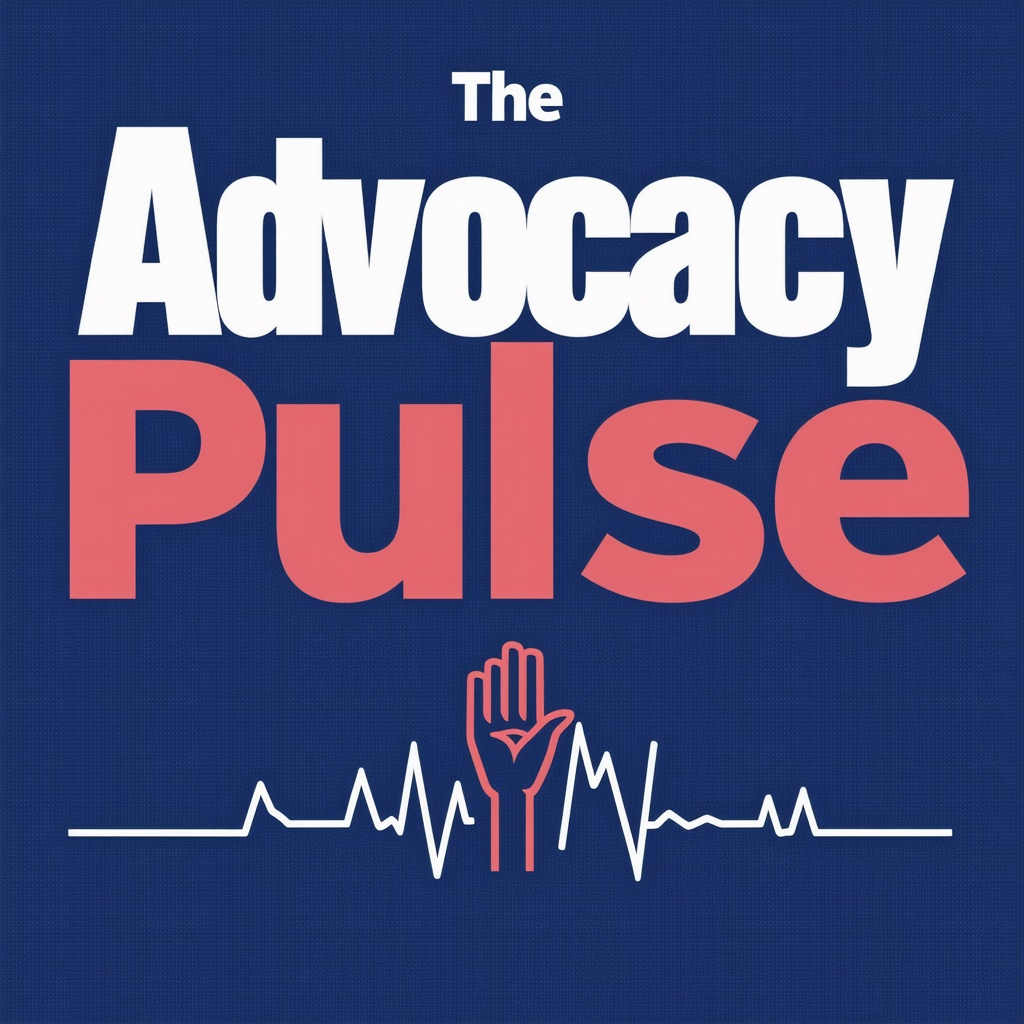

A BlogCast for Victim Advocates
Ethical Challenges in Victim Advocacy: Navigating Dilemmas with Integrity

Episode/Blog Transcript
Ethical Challenges in Victim Advocacy: Navigating Dilemmas with Integrity
Note: We recognize the depth of your experience, but even the most seasoned professionals occasionally need a reminder or a quick refresher.
Victim advocates play a crucial role in supporting individuals who have experienced trauma, violence, or abuse. This work is deeply meaningful but often comes with complex ethical challenges. Balancing confidentiality, professional boundaries, and the best interests of victims can present difficult dilemmas. Navigating these challenges with integrity requires a strong ethical framework, clear policies, and a commitment to professional responsibility.
Common Ethical Dilemmas in Victim Advocacy
1. Confidentiality vs. Duty to Report
One of the most challenging ethical issues in victim advocacy is balancing confidentiality with mandatory reporting requirements. Victims often share sensitive information, trusting that it will remain private. However, laws mandate reporting in cases involving child abuse, elder abuse, or imminent threats of harm.
How to Navigate It:
- Clearly explain confidentiality limits to victims at the start of interactions.
- Follow mandatory reporting laws while expressing empathy and supporting the victim.
- Use discretion and involve legal counsel or supervisors when in doubt.
2. Maintaining Professional Boundaries
Building trust with victims is essential, but overstepping professional boundaries—whether emotional, physical, or financial—can lead to ethical violations. Advocates must maintain objectivity while providing compassionate support.
How to Navigate It:
- Establish clear professional boundaries and adhere to agency policies.
- Avoid dual relationships that could compromise advocacy efforts.
- Seek supervision or peer consultation when feeling emotionally invested beyond a professional capacity.
3. Victim Autonomy vs. Advocate Recommendations
Advocates often find themselves in situations where a victim's choices may not align with what they believe is safest or most beneficial. For instance, a domestic violence survivor may decide to return to an abusive partner despite available resources.
How to Navigate It:
- Respect a victim's right to make their own choices, even if they differ from your recommendations.
- Provide all available information on risks and resources without pressuring the victim.
- Empower victims with support and education rather than directives.
4. Cultural Sensitivity and Bias Awareness
Advocates serve individuals from diverse backgrounds, including different races, religions, sexual orientations, and socioeconomic statuses. Unconscious bias can impact the quality of advocacy and lead to ethical missteps.
How to Navigate It:
- Engage in continuous education on cultural competency and implicit bias.
- Practice active listening and validate victims’ unique experiences.
- Avoid making assumptions about what is "best" for a victim based on personal beliefs.
5. Self-Care and Avoiding Compassion Fatigue
Victim advocacy is emotionally demanding, and burnout can lead to ethical lapses, poor decision-making, and reduced empathy. Advocates must prioritize their own well-being to serve victims effectively.
How to Navigate It:
- Set realistic workload boundaries and practice self-care.
- Seek support through peer networks, supervision, or counseling.
- Advocate for organizational policies that support staff well-being.
Staying Ethical While Advocating for Victims
Navigating ethical dilemmas requires a strong foundation of professionalism, ongoing education, and a commitment to integrity. Some best practices include:
✅ Know your agency’s ethical guidelines – Follow professional codes of conduct and seek clarity when needed.
✅ Engage in regular ethics training – Stay updated on legal and ethical changes in advocacy.
✅ Consult with supervisors or ethics committees – When faced with a dilemma, seek guidance from experienced professionals.
✅ Use technology responsibly – Digital tools, like eVACs can help maintain confidentiality while providing resources ethically.
By prioritizing ethical decision-making, victim advocates can build trust, provide meaningful support, and uphold the dignity and rights of those they serve.
On behalf of the team at Visible Digital Solutions, thank you for your service!
_____________________
Learn how our eVAC program can assist you with your victims of crime. Click here for more information.
RECENT POSTS
Tap the three lines to see Post list.
Copyright - Visible Digital Solutions LLC | Privacy Policy